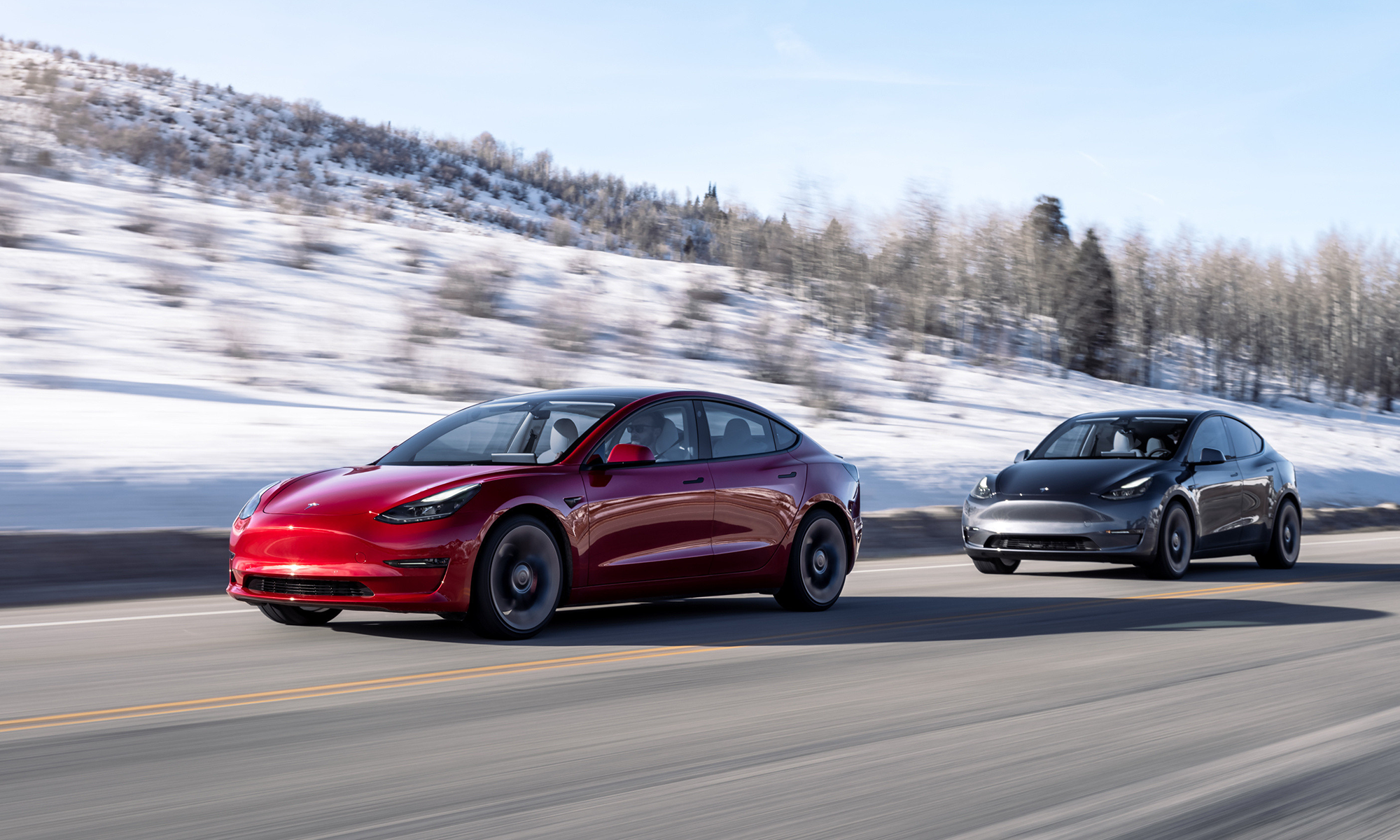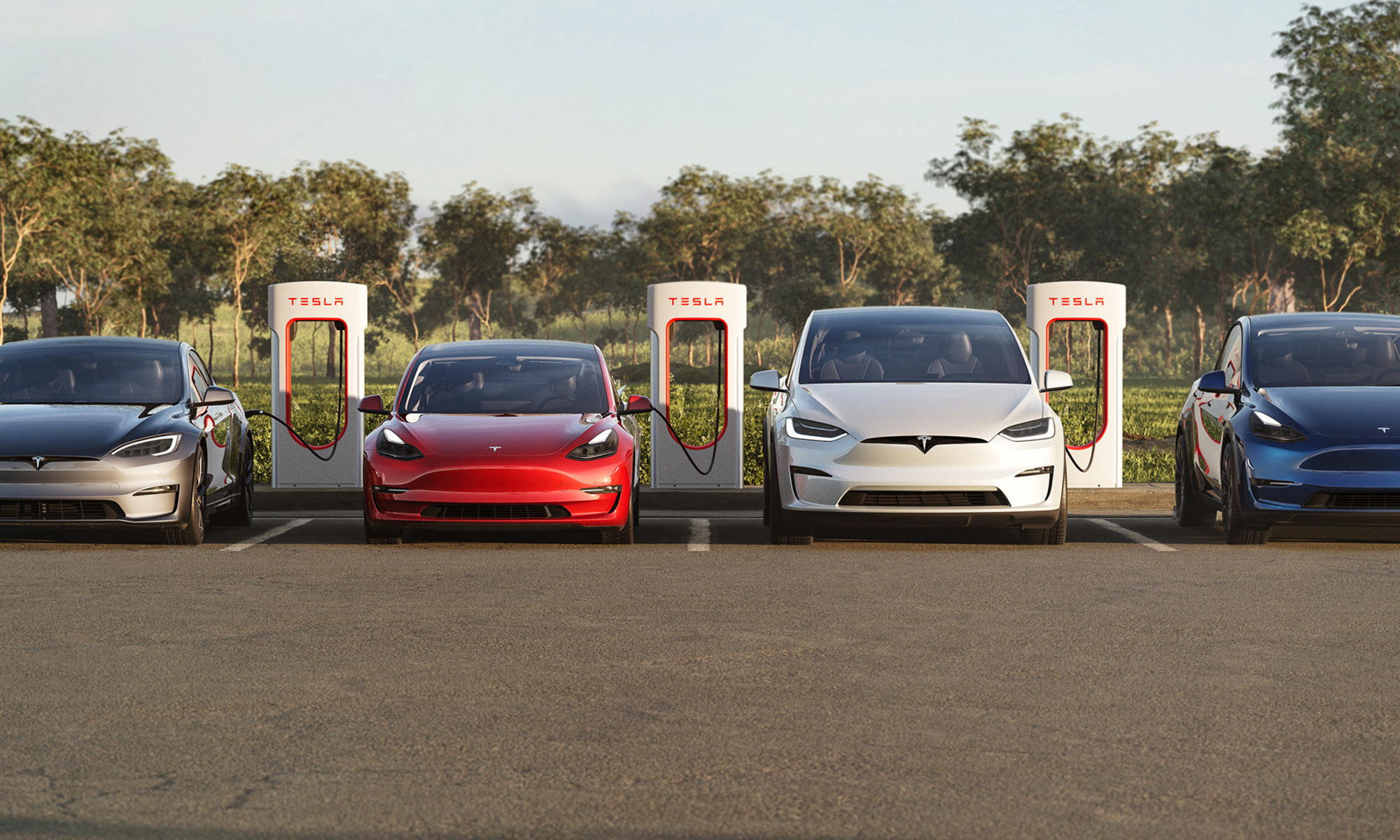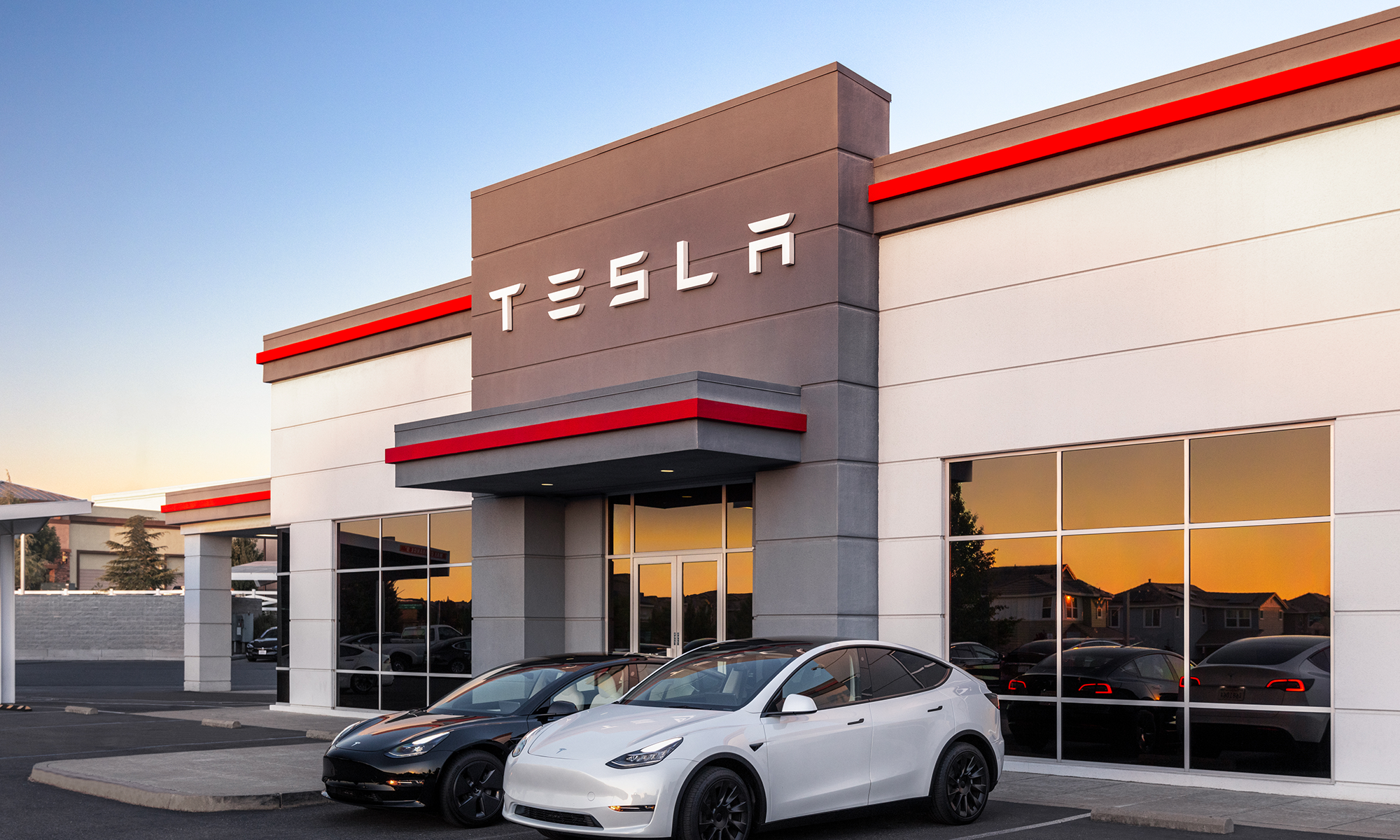Electric-vehicle maker Tesla's (TSLA 3.36%) stock has been firing on all four electric motors throughout 2019.
Tesla's shares ended the year up nearly 29% and are 6% higher since the start of 2020. Its performance is a far cry from the first half of 2019, when profit losses and manufacturing missteps tanked the stock.
But ever since Tesla reported a surprise profit in the third quarter, shares have been surging. It was also able to complete its China manufacturing plant ahead of schedule and reported fourth-quarter deliveries that topped Wall Street views, setting a new record for the electric car maker. As a result, Tesla now sports a market capitalization of $81 billion, blowing past General Motors (GM +1.33%) and Ford (F +1.34%).
Good news for investors? Only if Tesla can keep it together. The company, led by CEO Elon Musk, has been known to misfire in the past. But with manufacturing improving and demand surging, there are a lot of reasons to think it can.

Image source: Tesla.
Tesla outperforms on the manufacturing front
One of the knocks on Tesla has been its manufacturing missteps that delayed production of the Model 3 in its Fremont, California plant and burned through its cash. But it appears Tesla has learned some valuable lessons from the mistakes of the past when bringing the Model 3 to new markets.
Take its Shanghai Gigafactory as evidence. The plant was ready in ten months, ahead of schedule, with the delivery of the first Model 3 sedans happening this week. The company said it was 65% less expensive to build the Shanghai plant than its Model 3 plants in the U.S. To address the problems that plagued the production of the Model 3 at its Fremont, California plant, Tesla has been making upgrades and changes, particularly in the paint operations. That was where multiple fires broke out. The plant is slated to begin production of the Model Y SUV in 2020. In order for Tesla to have sustainable profitability, volume growth and cost controls are key ingredients.
Tesla is targeting the production of 150,000 Model 3s in China annually. The company has already produced a little under 1,000 vehicles and says it has the capability to produce more than 3,000 vehicles per week. China is an important market for Tesla, given the size of the population and their penchant for mid-sized sedans. Tesla thinks China could become the largest market for the Model 3 given that it's priced similarly to gasoline-powered vehicles. By having a manufacturing plant in China, it can bypass tariffs that have hurt other vehicle makers.
Outside of China, Tesla is in the process of choosing the site for its European operations, which will be based in Germany near Berlin. It plans to produce the Model 3 and Model Y at the new Gigafactory. Both Chinese and European expansion are expected to be drivers of Tesla's stock in 2020 and further out.
Then there are Tesla's deliveries for 2019. For the fourth quarter, Tesla said it delivered 112,000 vehicles, surpassing the 106,000 Wall Street was looking for. Tesla delivered a total of 367,500 vehicles during 2019, marking a 50% increase from the 245,240 it delivered in 2018. The company said the number could increase by 0.5% more when the final numbers are in.
Consumers are beginning to embrace EVs
The Tesla brand is also resonating with consumers. With climate change a big concern, electric cars are becoming more accepted. Some estimate they will outsell gasoline-powered vehicles by 2037. Tesla does face stiff competition as Ford, BMW, GM, and just about every vehicle manufacturer rolls electric vehicles off the production line. But for now, Tesla is the undisputed leader.
While a lot of the rally in shares of Tesla is due to Wall Street's over-emphatic reactions to news headlines, some is a testament to Tesla's improved operations. If it is able to continue to have more successes, investors should be rewarded in the new year.








